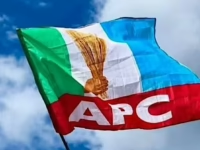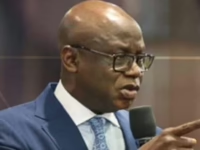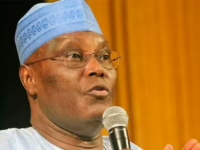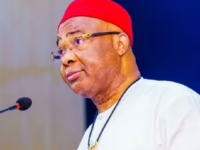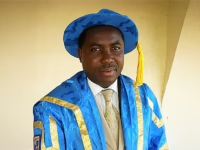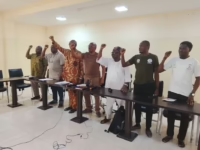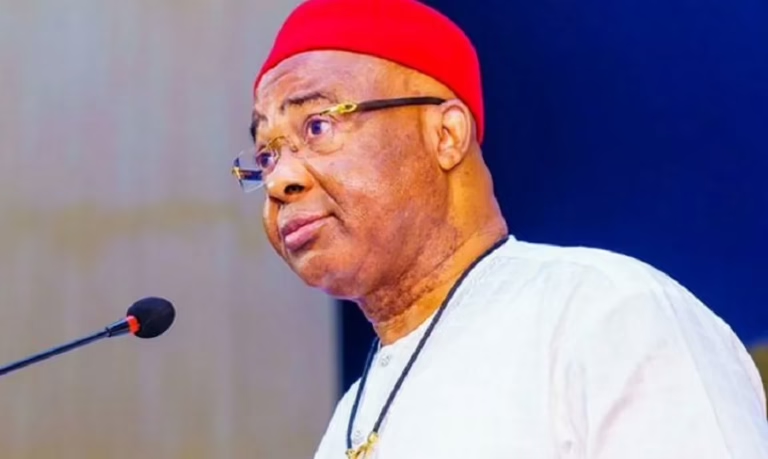Governor Hope Uzodimma has announced that Imo State is fully prepared to implement a State Police system, with plans underway to transition members of the State’s vigilante groups into an official State Police force.
In addition, the state is set to begin providing continuous electricity supply starting from November, initially focusing on the capital city, Owerri.
These updates were shared by Governor Uzodimma during the State Expanded Executive Council meeting held at the newly inaugurated Emmanuel Iwuanyanwu International Conference Centre in Owerri on Saturday.
He emphasized that Imo State is ready to establish its own police force, pending the necessary constitutional approval from the federal government.
Once authorized, the current vigilante operatives will be formally integrated and upgraded to serve as the Imo State Police, equipped with resources comparable to military standards to effectively tackle security challenges throughout the state.
The governor also called on community leaders and stakeholders to actively engage with their local populations to foster peace and security, which he identified as essential foundations for sustainable development.
Regarding power supply, Uzodimma revealed ongoing efforts to ensure 24-hour electricity in Owerri, with plans to extend this service to other key urban centers such as Orlu, Okigwe, and Mbaise in the near future.
On fiscal matters, the governor announced a tax exemption for workers earning below ₦150,000 monthly, urging oil companies operating within the state to support this group financially.
Additionally, there are initiatives in progress to offer free transportation services for students and pensioners across Imo State. The designated routes will cover major corridors including Owerri to Okigwe, Orlu, Aba, Onitsha, and the terminus of Port Harcourt Road, utilizing newly acquired CNG-powered metro buses.
Governor Uzodimma also highlighted that the federal government has yet to reimburse funds expended on the reconstruction of several federal highways within the state. He listed completed projects such as the Owerri-Okigwe Road, Owerri-Mbaise-Umuahia Road, Owerri-Orlu Road, and Orlu-Ugah-Akokwa Road, with ongoing work on the Owerri-Omarelu Road.
He remarked, “If the refund does not come during my tenure, it may be the responsibility of my successor. Nonetheless, my motivation was not reimbursement but ensuring that the people of Imo have access to quality roads.”
Furthermore, the governor urged elected officials and political appointees to personally contribute to the funding of the All Progressives Congress (APC), clarifying that state resources should not be used for partisan political activities.
He encouraged Imo’s representatives in the National Assembly to focus on advancing the state’s priorities, particularly in securing budgetary allocations and attracting federal projects.
Uzodimma underscored the value of experienced legislators, noting that those with a wealth of knowledge and tenure are better equipped to deliver meaningful development outcomes for their constituencies and the state at large.
Reaffirming his administration’s principles, the governor pledged continued dedication to transparency, youth empowerment, and sustainable growth as pillars for Imo State’s ongoing advancement.




